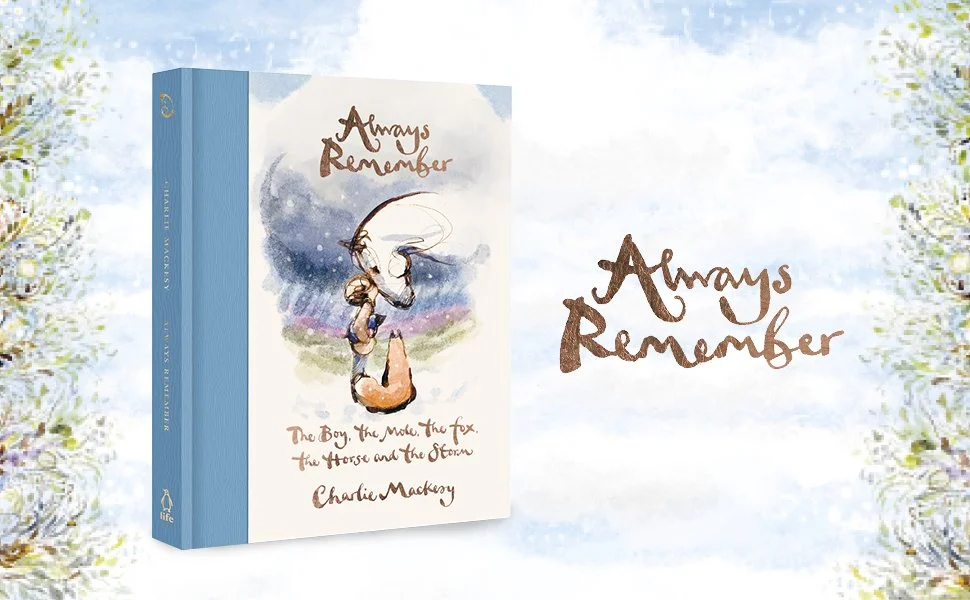Thumbs Up for Everyday Generosity
Today, with the help of my well-informed assistant, Professor Google, I discovered that Giving Tuesday is more than just a single day. It’s a movement that celebrates radical generosity. It connects people around the world who believe in the simple but powerful idea that giving, of time, kindness, or resources can transform lives.
Archbishop Desmond Tutu once said, “Do your little bit of good where you are; it’s those little bits of good put together that overwhelm the world.” His wisdom captures the essence of GivingTuesday: small, consistent acts of goodness that ripple outward and create lasting change.
Tutu’s reminder calls us to start right where we are with simple, human gestures of care. As we move through our daily activities, perhaps each of us can find small ways to live that message by our sharing time, a financial donation, a kind word, or a helping hand. Keeping uppermost in mind and heart generosity doesn’t just belong to one Tuesday; it belongs to every day.
What acts of kindness are you willing today to stitch into the fabric of life for those around you?
-Sister Nancy Wales, CSJ
Image: Napendra Singh/Unsplash







